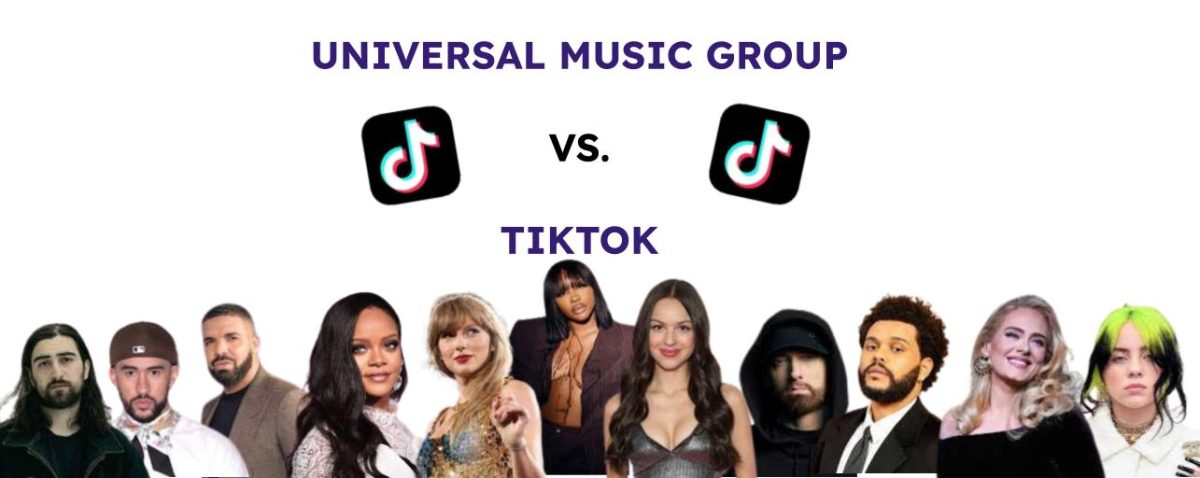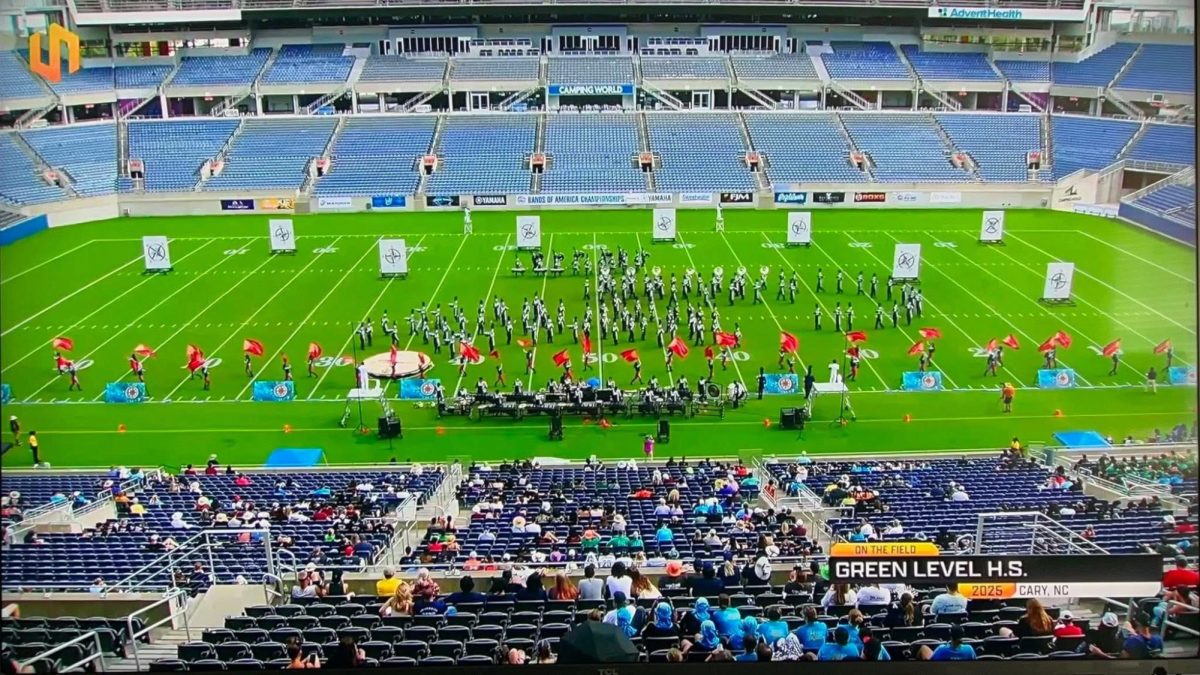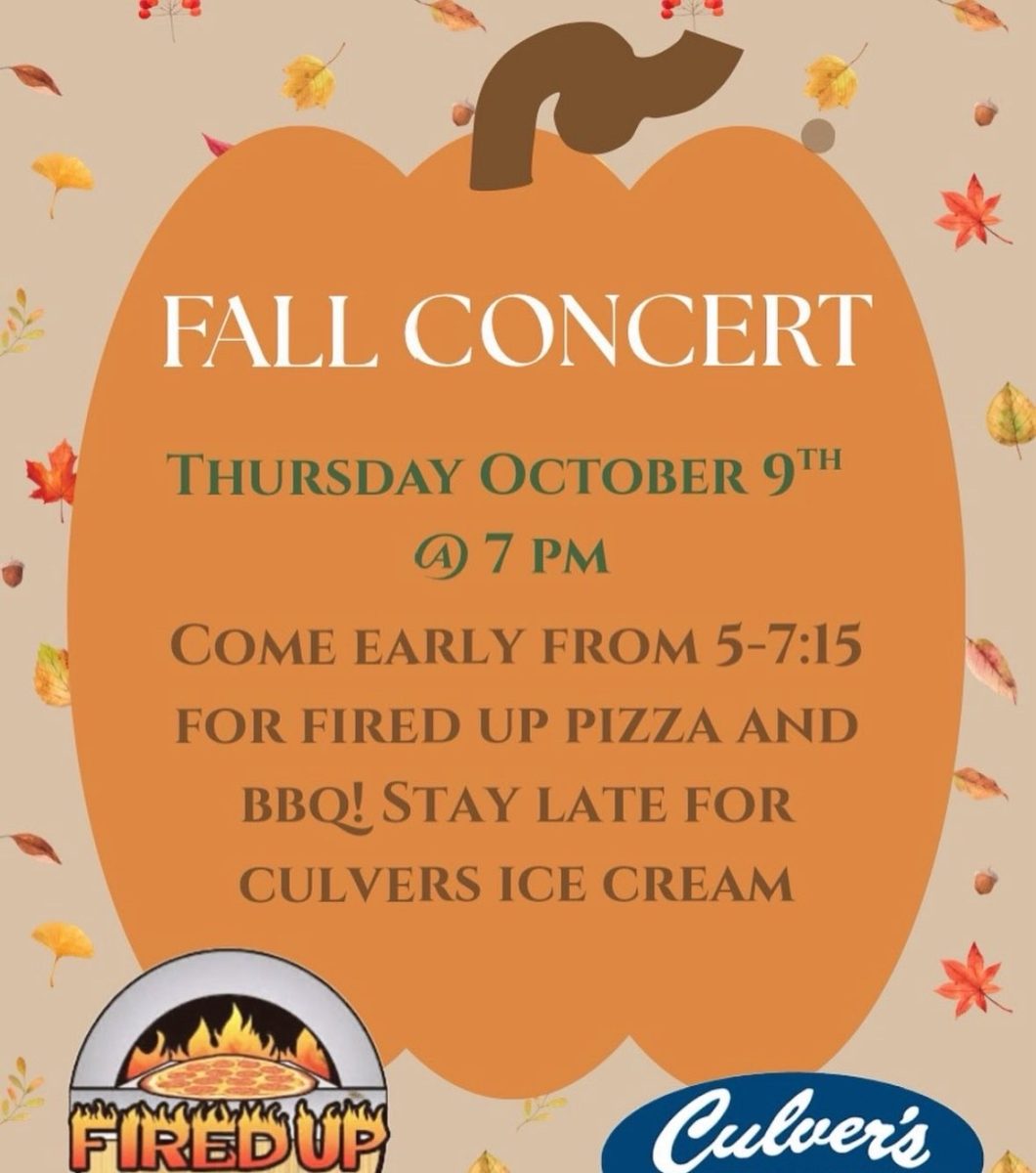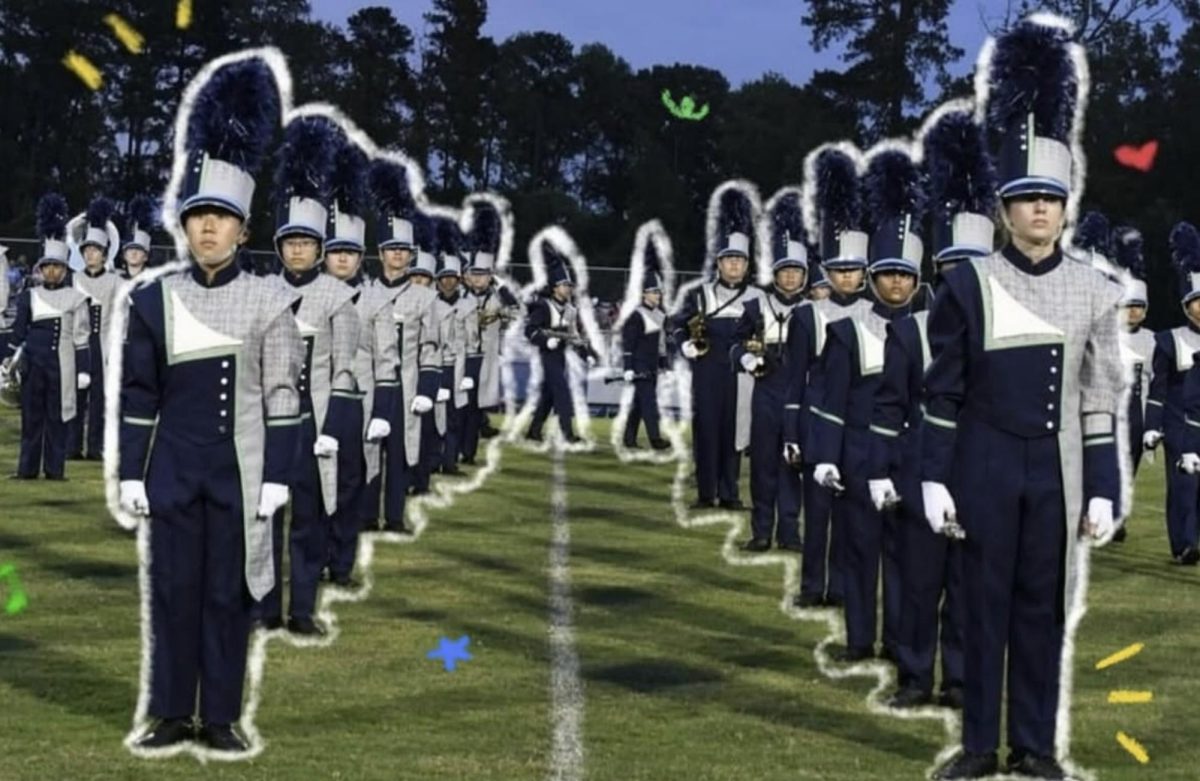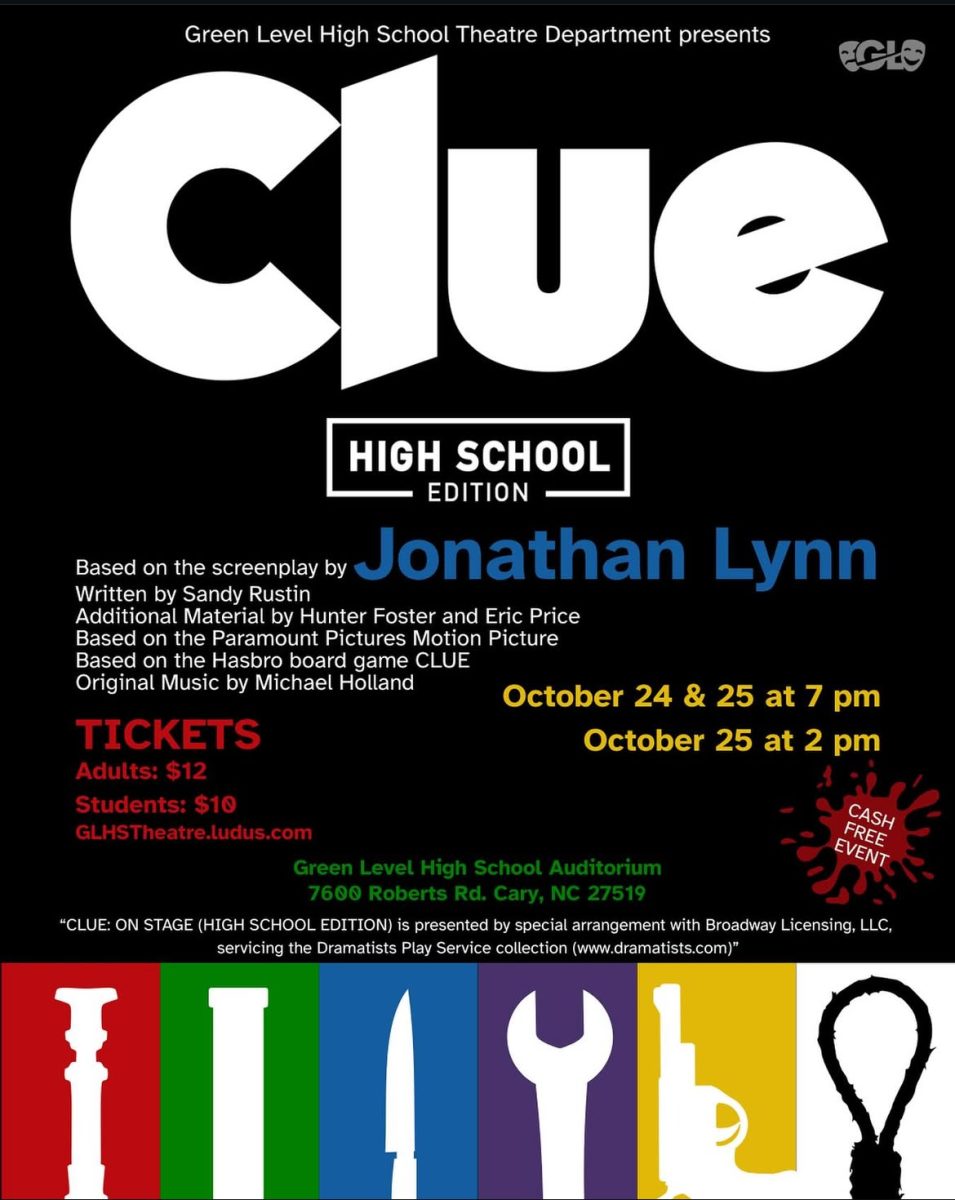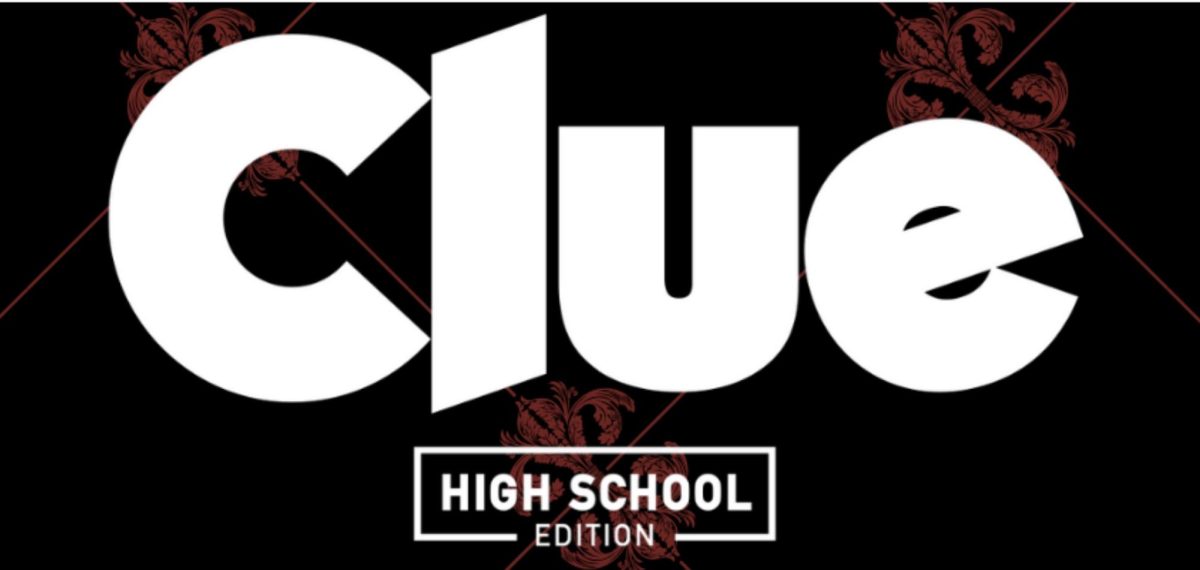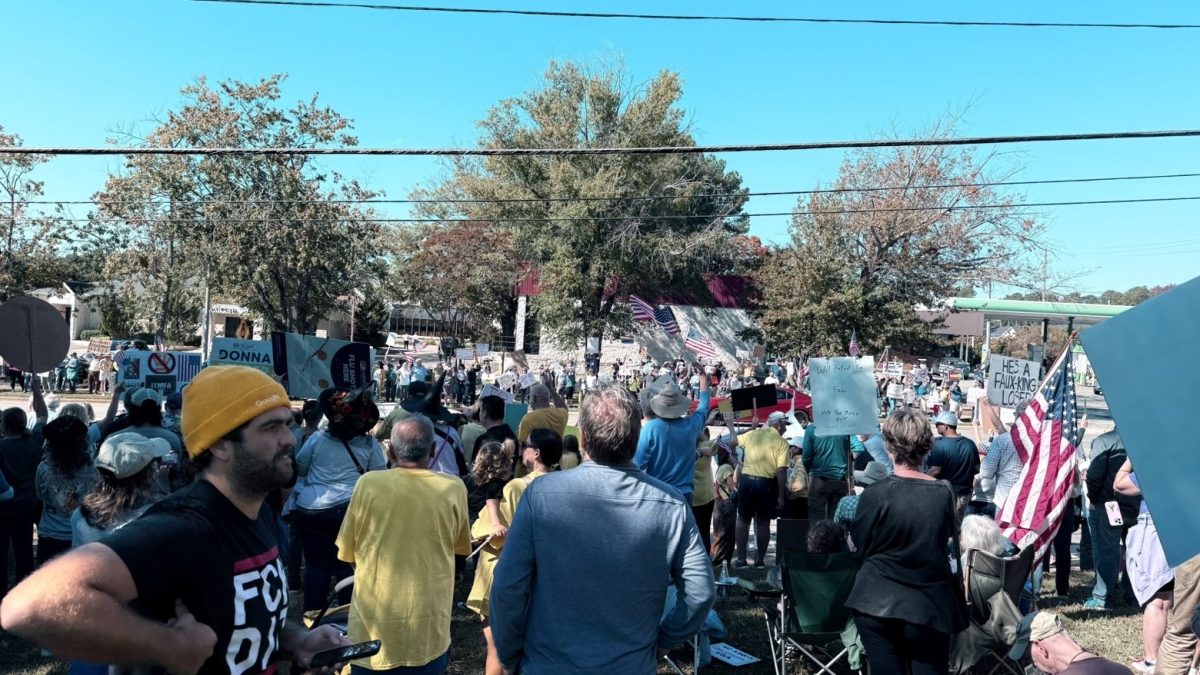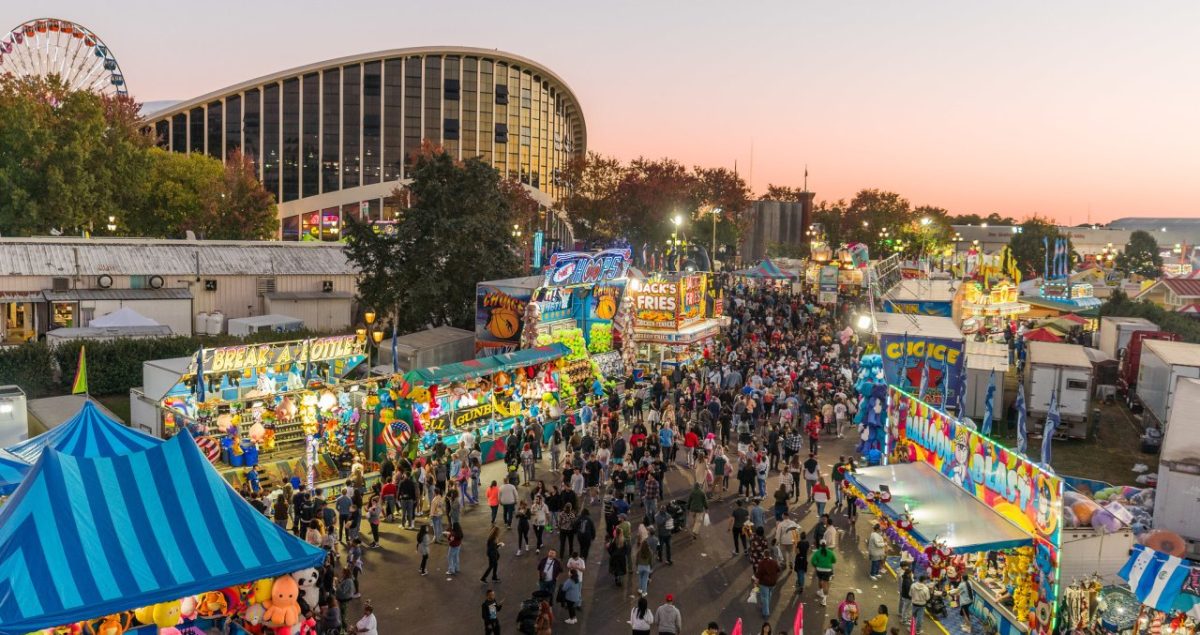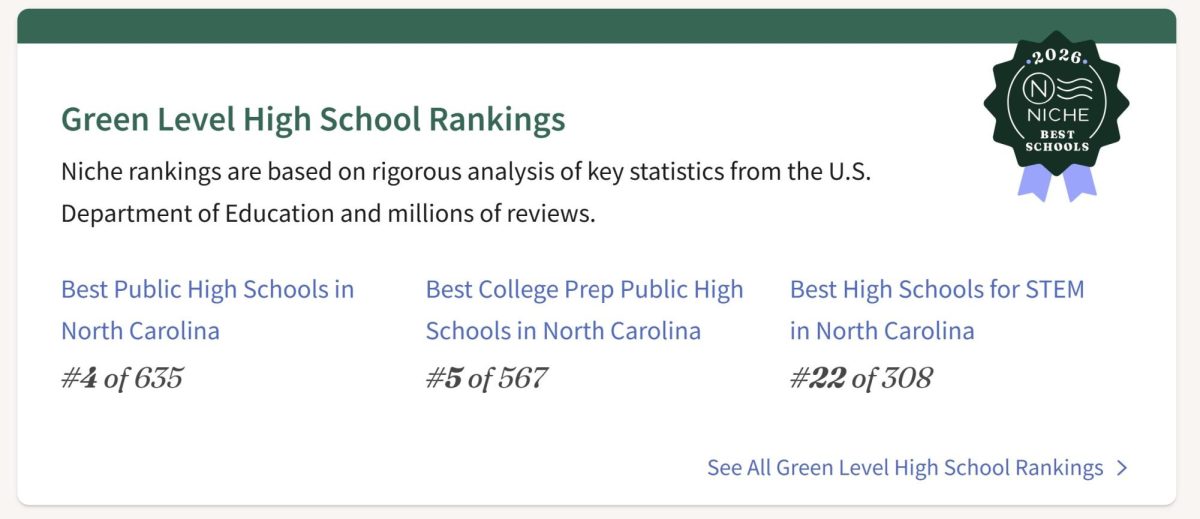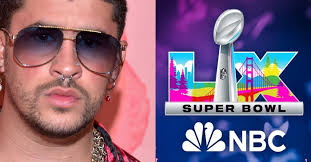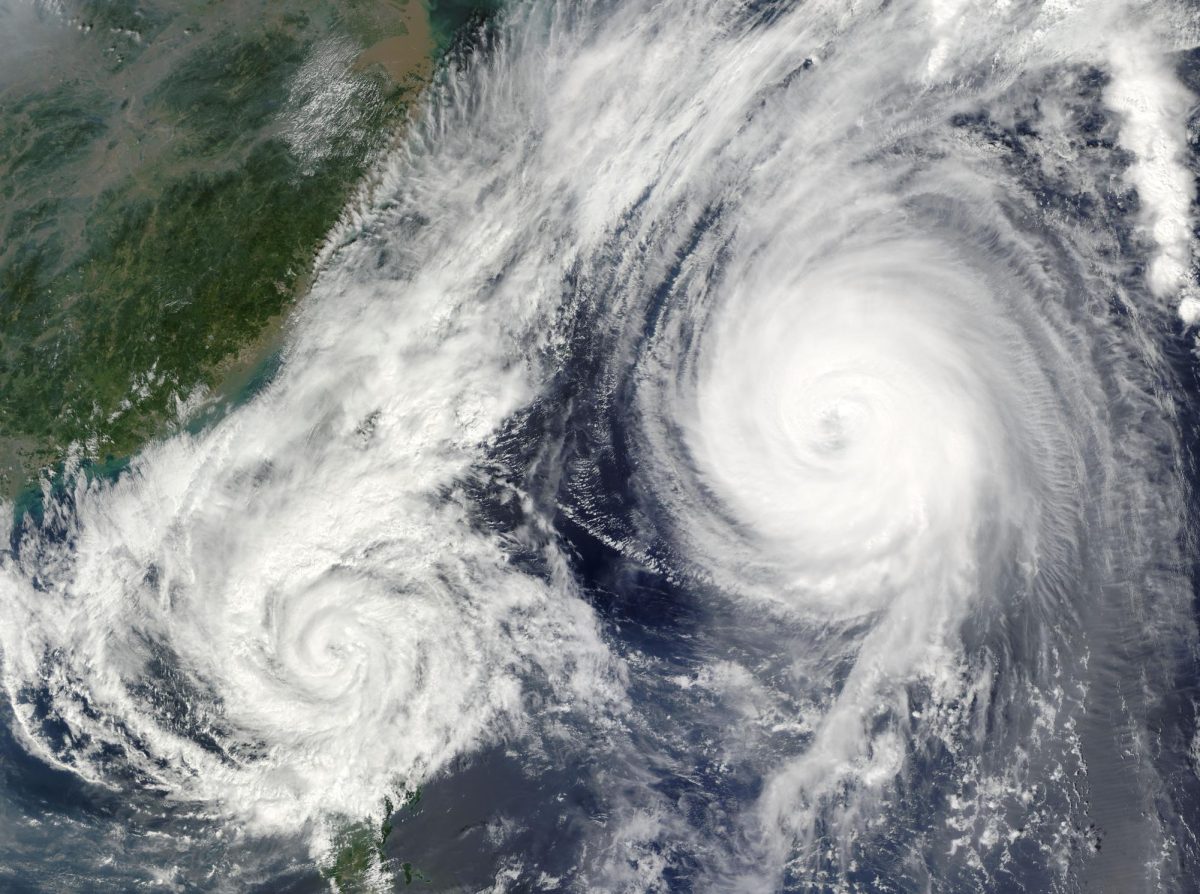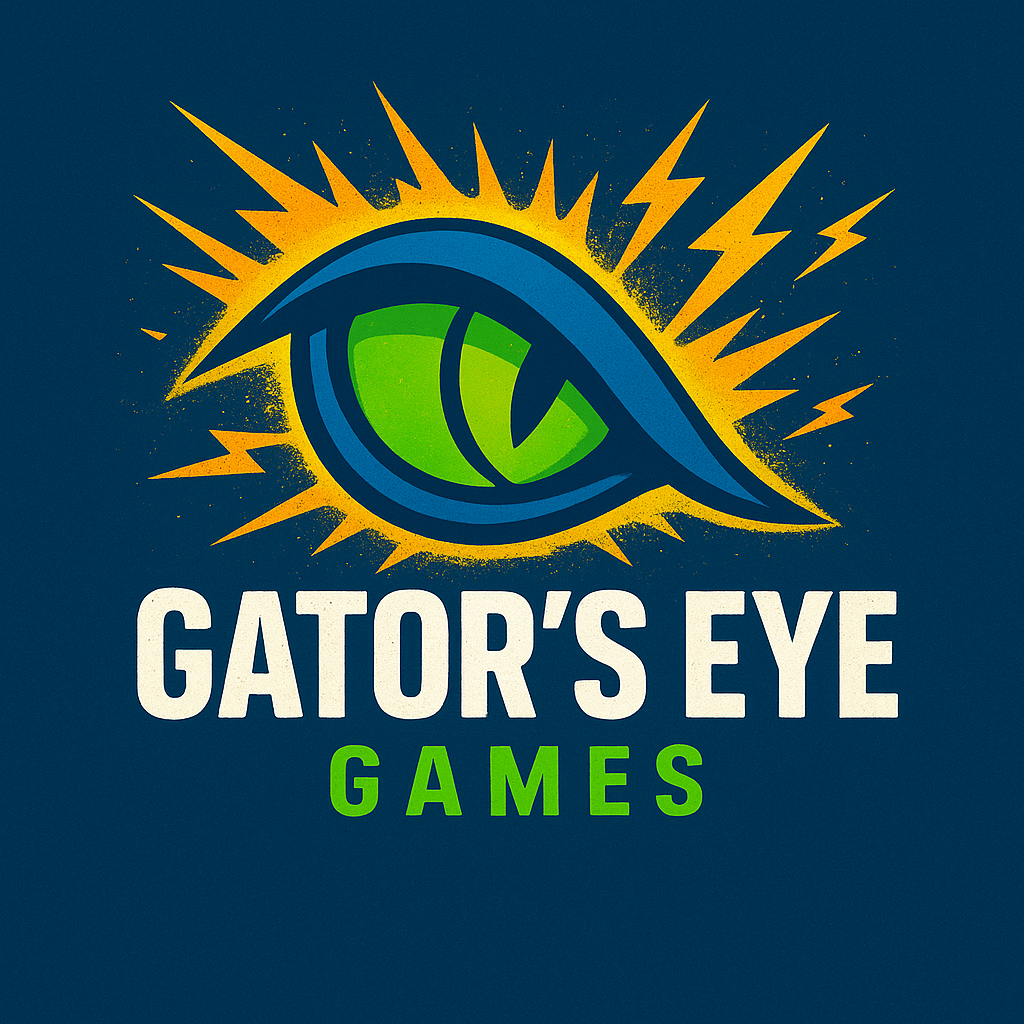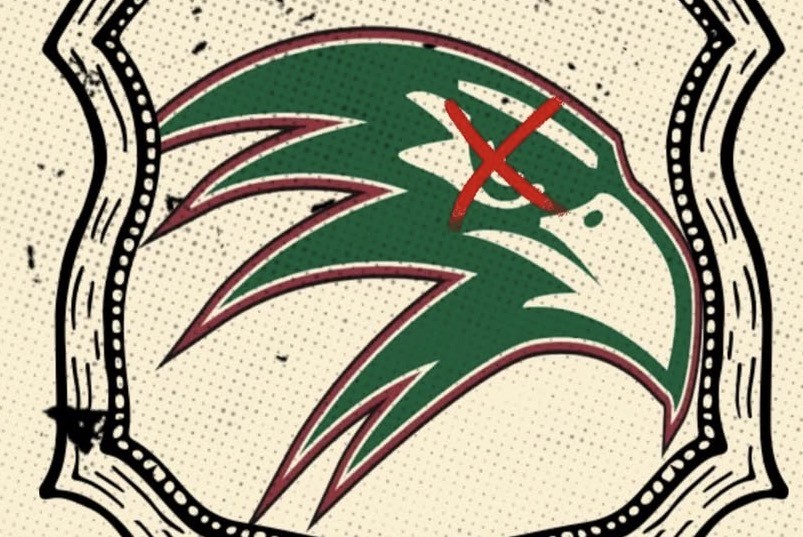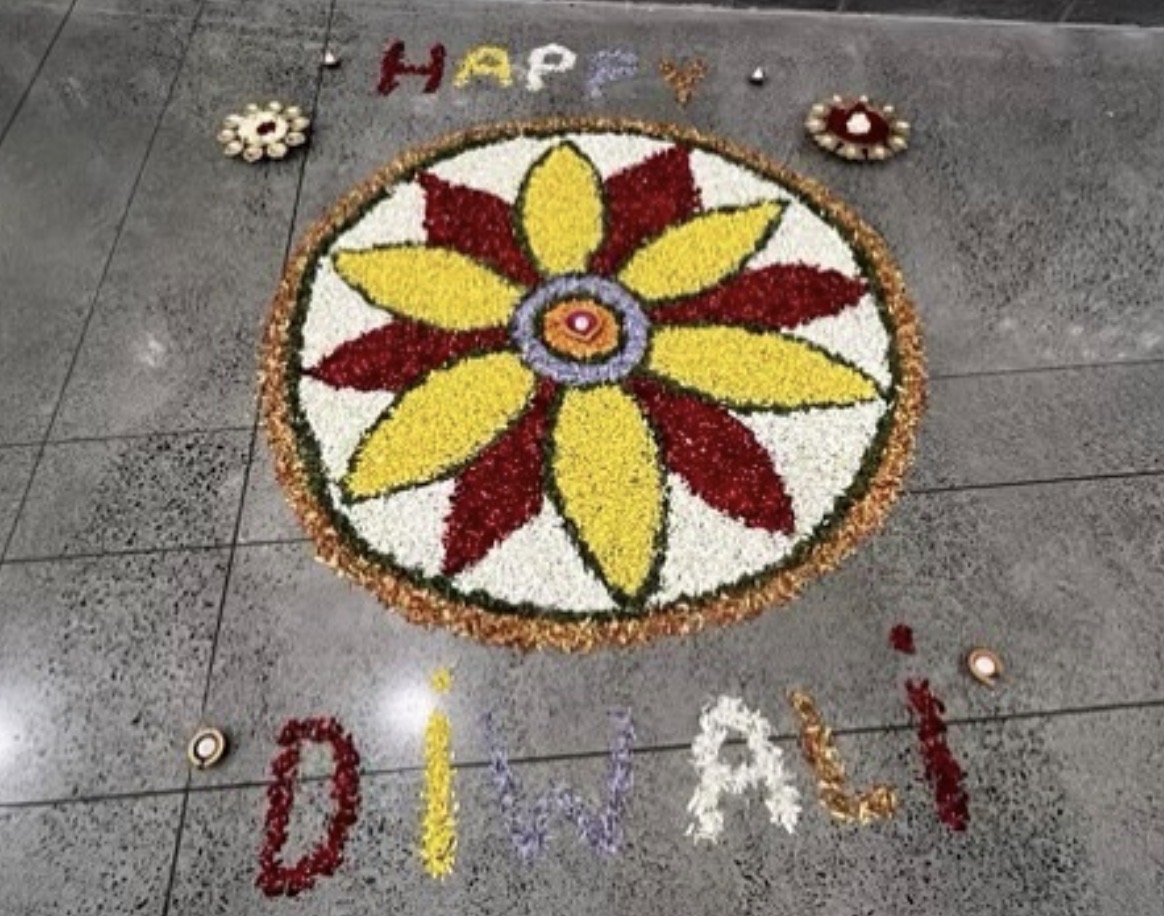The app that has shaped our generation and impacts our everyday lives has gone through a major crisis. TikTok users around the globe are outraged and demanding answers.
Universal Music Group has removed all music by their licensed artists from the app. These artists include Taylor Swift, Drake, Bad Bunny, Olivia Rodrigo, Justin Bieber, and more. Not only that, but all content using audio licensed by UMG has been muted. The wiping of all of this music started on January 31st at the deadline of UMG and TikTok’s license expiration after they were unable to reach an agreement. Many are wondering, what’s the reason behind this tragic loss of our favorite artists’ music from TikTok?
UMG wrote a statement called, “An Open Letter to the Artist and Songwriter Community – Why We Must Call Time Out on TikTok”, discussing its reasons. It was said that there were three main concerns for UMG: “appropriate compensation for our artists and songwriters, protecting human artists from the harmful effects of AI, and online safety for TikTok’s users.”
TikTok only pays artists and songwriters a fraction of the rate that many other social media platforms pay. This low compensation rate is a direct contradiction to the massive growth in revenue that music-based content brings in for TikTok. In UMG’s letter, they said, “TikTok accounts for only about 1% of our total revenue. Ultimately, TikTok is trying to build a music-based business without paying fair value for the music.”
The dangers of AI were also discussed in the letter when Universal addressed the major increase in AI-generated TikTok audios. The promotion and encouragement of AI music creation on the platform creates even less advocacy for artists and songwriters.
While some align with UMG’s worries, not everyone is happy with the change. It is a common conclusion that UMG is being “dramatic” and just trying to prove that TikTok wouldn’t succeed with its services. An important mention of the situation was by Grammy nominee, Noah Kahan. Noah Kahan gained a lot of success from fans on the TikTok platform, which had a lot of content with his songs. He is signed to Republic Records, which is a subordinate record to UMG, so his music was removed from the app as well. He says, “I won’t be able to promote my music on TikTok anymore. But luckily I’m not a TikTok artist, right?” This highlights the concern for all the emerging artists who use the platform to start their careers. Not only are users affected by this change, but so are up-and-coming artists.
The beef between the two corporations was inflamed when TikTok accused UMG of promoting “false narratives and rhetoric” and putting “greed above the interests of their artist and songwriter” (NPR.org).
Now arises the question of how long this feud will last. This isn’t the first time a recording label has had a dispute with a social media platform. When Warner Music Group removed all its music from YouTube, it returned the songs a few months later after they reached a compromise. Until then, users must find a way to adapt until the music returns to TikTok. Overall, the original partnership between the two companies was a mutualistic exchange. TikTok users from around the globe can only hope that the two will find a middle ground again.

